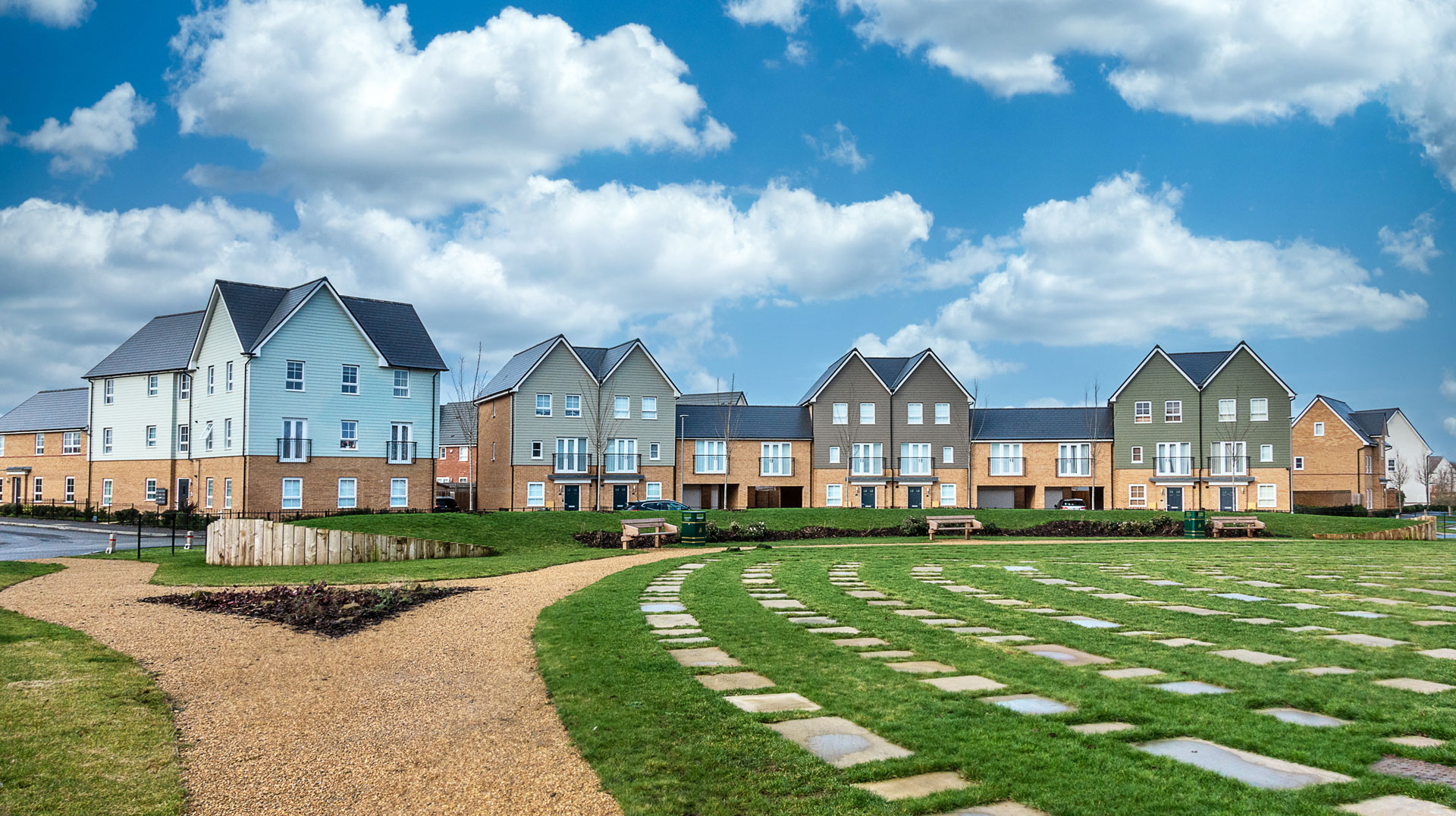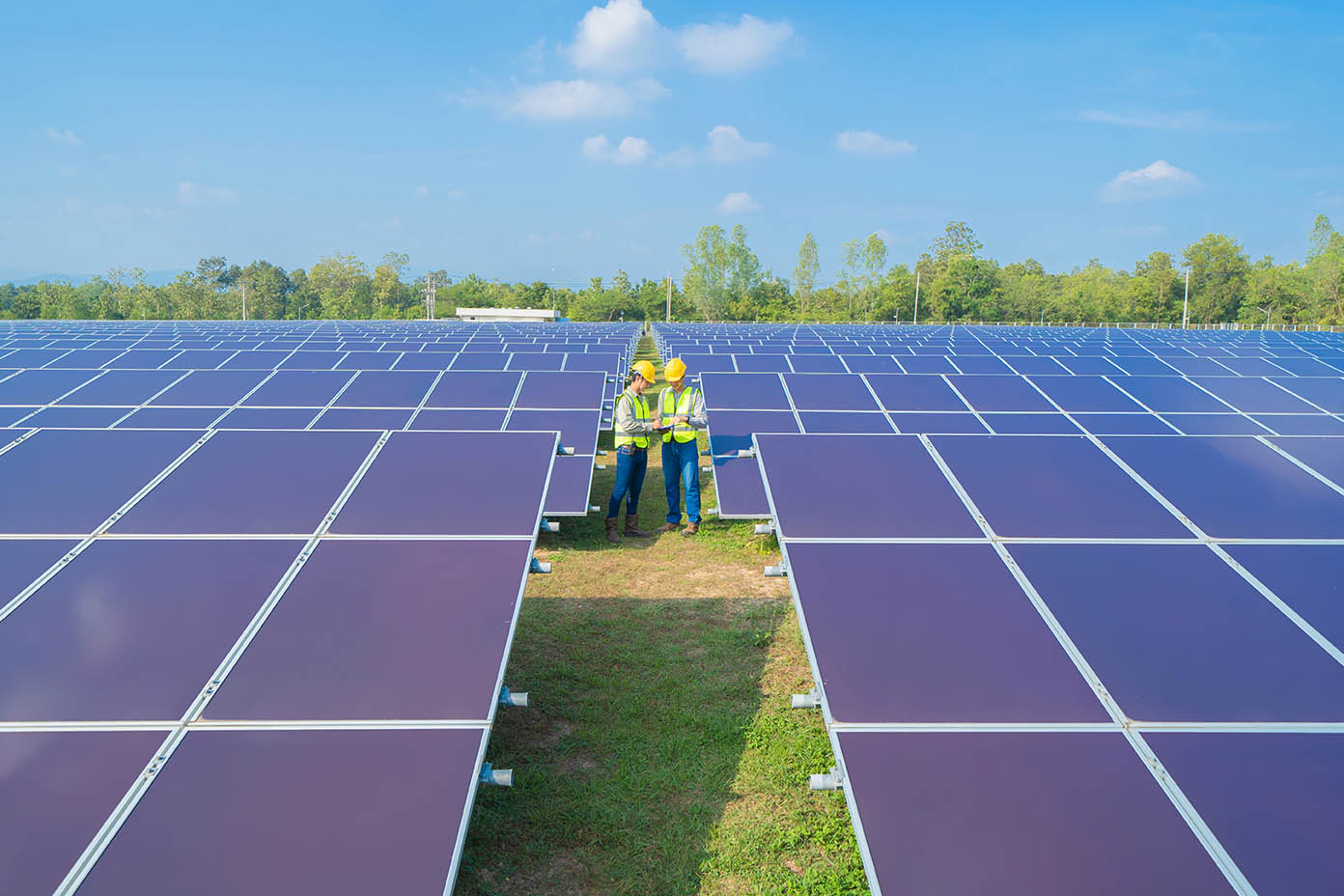
Corporate sustainability must look beyond the environment
Companies need to focus more on social issues as part of their journey towards sustainability
In January, as the country was battling another wave of rising Covid-19 cases, the UK government launched a series of measures to promote new jobs and skills to stimulate economic growth and recovery.
But the steps were not about yet more spending to offset the devastating economic effects unleashed by the pandemic. Instead, they set out a blueprint for including a social dimension to government-procurement contracts.
“Too often, ‘value’ has been narrowly defined by price without taking into account other important factors such as the number of local jobs or apprenticeships,” Julia Lopez, cabinet office minister, said at the time about the awarding of public contracts. “If we can use government’s buying power to drive that broader value, the better our chances of levelling up our country and investing in our people.”
Across the UK, companies are increasingly aware of environmental sustainability issues. Many are well along the road to becoming more environmentally sustainable as they seek to play their role in tackling climate change and meeting the government’s pledge to achieve net-zero carbon emissions by 2050.
But although the corporate sector understands the importance of social issues as an essential component of sustainability, it is often less clear about how to form effective policy, how to measure that policy — or even what social sustainability should look like.
“Environmental impact is quite easily measured because if you turn something off, you can measure the resulting reduction in carbon,” says Jonas Persson, Head of Sustainability and ESG Finance at Lloyds Bank.

“Social factors are not so much about what you turn off but what you turn on, and the results can take longer and be harder to measure.”
In essence, corporate social sustainability is about identifying and managing a company’s impact on people, both within the organisation as well as outside it. This includes human rights and labour rights, community relationships such as homelessness and employment, product responsibility, health and safety, diversity and inclusion, human capital and philanthropy, to name just a few.
Corporate rating agencies now include sustainability factors in their risk analysis, and social issues form an important part of their scoring frameworks — a fact that companies need to consider.
But S&P Global points out that, with an increasing number of investors now looking to reflect the full range of ESG issues in their portfolios, focusing on social factors is also about opportunity.

“Simply put, the market will tend to reward those companies that minimise their exposure to these social issues.”
Mark Burton, Managing Director, Head of Services and Public Sector at Lloyds Bank, argues that the benefits of focusing more on social sustainability extend beyond meeting shareholder expectations.
“Getting corporate societal purpose right not only helps companies attract and retain staff, but also leads to a completely different dialogue with their clients, often leading to new contracts and broader new opportunities,” he says.
Recycling Lives, a company that uses its commercial operations in recycling and waste management to support charity programmes, has placed social sustainability at the forefront of its business model.
The company engages in three programmes. One of them addresses homelessness by providing accommodation and support to help individuals regain independence; a second teaches work skills to help offenders find jobs following release; the third tackles food poverty through a food redistribution centre.
Through these programmes, Recycling Lives has committed to creating social value each year equal to, or greater than, 10 per cent of its annual sales. In the four years to 2019, it helped 27 people into independent living, rehabilitated and supported into work some 228 offenders and delivered 3.2m meals across Lancashire and Cumbria.
For the UK’s home builders, ESG factors have become central to their business models.
But the country’s home builders are also incorporating more of the ‘S’ in ESG in their business practices and policies.
Berkeley Group, a homebuilder specialising in creating communities, has developed a social sustainability framework, which consists of 13 criteria that can be used to measure people’s quality of life and wellbeing in new housing developments.
Homebuilders are also working on social sustainability through the provision of social housing to tackle homelessness as well as the shortfall in affordable housing, which has become a particularly important focus.
Part of the homebuilders’ drive towards social sustainability comes from contractual obligations drawn up with local authorities. But David Cleary, Managing Director & Head of Housing at Lloyds Bank, points out that many of them increasingly see creating great places for all as core to the long-term viability of their business models.
“If you look at the best-in-class operators, they are keen on having that public disclosure, including the delivery of affordable and sustainable housing,” he explains. “It is a record to be proud of and not something they shy away from.”
As the UK economy recovers from the impact of Covid-19, Persson of Lloyds Bank says that all companies should reflect on how their businesses can incorporate a greater social dimension into their sustainability plans.
“We are heading towards recovery and transition, but they both need to be on a just basis,” he says.

“There is a real opportunity to make a profound change to society, and we cannot afford to miss it.”











